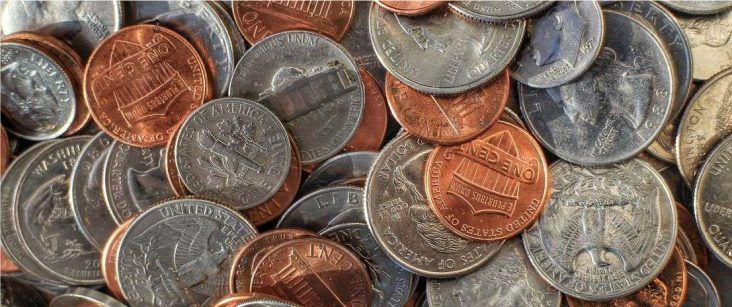Jonesboro sets new record for sales tax collections as local economy hums
by January 12, 2022 1:11 pm 568 views

Jonesboro’s record-shattering sales and use tax collections pace will eventually subside, but for nearly a decade Northeast Arkansas’s largest city has set a new record each year. This last year may have been the most record-setting yet.
In December, the city of Jonesboro collected $1.919 million in sales and use taxes, an 18.3% ($297,000) increase as compared to the same month in 2021, according to figures released by the city. For the year, Jonesboro collected $22.8 million, a 13.8% ($2.774 million) increase when compared to 2020. When compared to budget projections, the percentage increase rises to 14.1%.
It’s the most sales and use taxes ever collected by the city.
Jonesboro Mayor Harold Copenhaver told Talk Business & Politics he’s pleased with the continued sales and use tax growth. The city faced myriad challenges during his first term that could have stifled economic growth, including the COVID-19 pandemic.
“It definitely shows a positive reflection of Jonesboro’s growth. We are hoping these numbers continue to increase as we see more families and businesses coming to our city. We are growing together and we are strong,” Copenhaver said.
Sales tax numbers lag by 60 days meaning the numbers released were collected two months prior. Economists consider sales tax collections as a leading economic indicator, one that can show how a local economy can be expected to perform in the short-term.
The collections pace in 2021was record-setting in another way as well. The city had nine months in which it broke into double-digit tax collection growth. In January and February, the tax collections had single-digit tax growth while only a single month last year, April, experienced an actual decline in collections.
Craighead County had similar growth patterns.
In December, the county collected $1.865 million, an 18.1% ($338,000) uptick from the same month in 2020. For the year, the county collected an all-time record $26.086 million. It was 14.7% ($3.347 million) higher than for the entire year in 2020.
